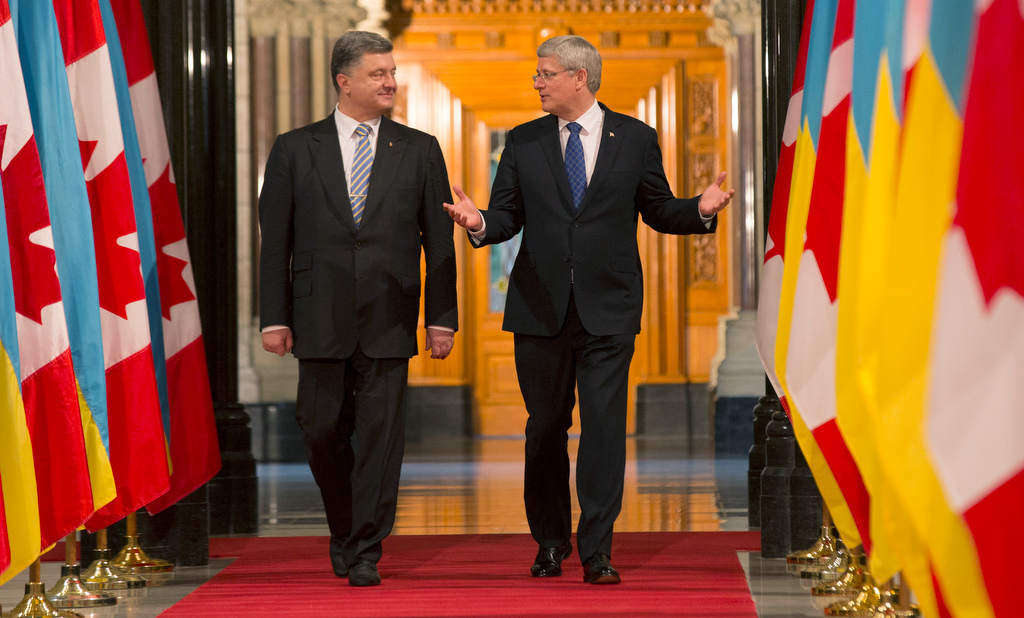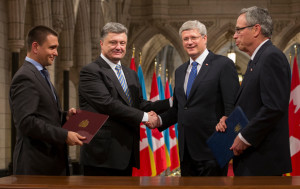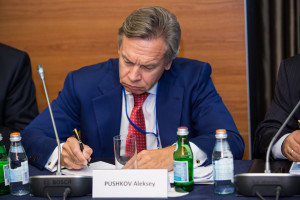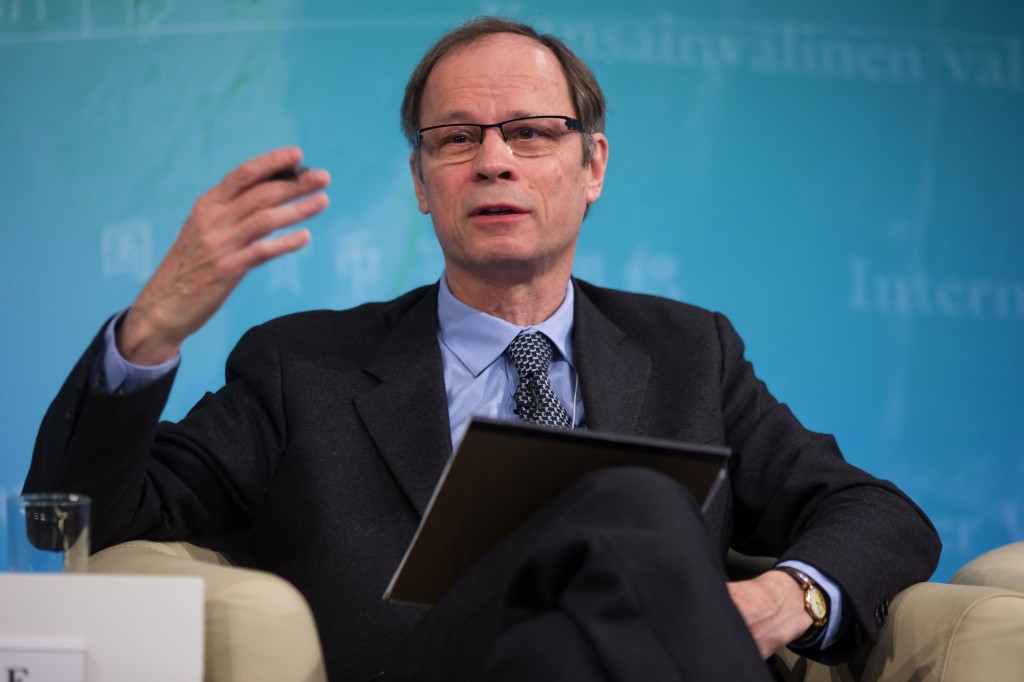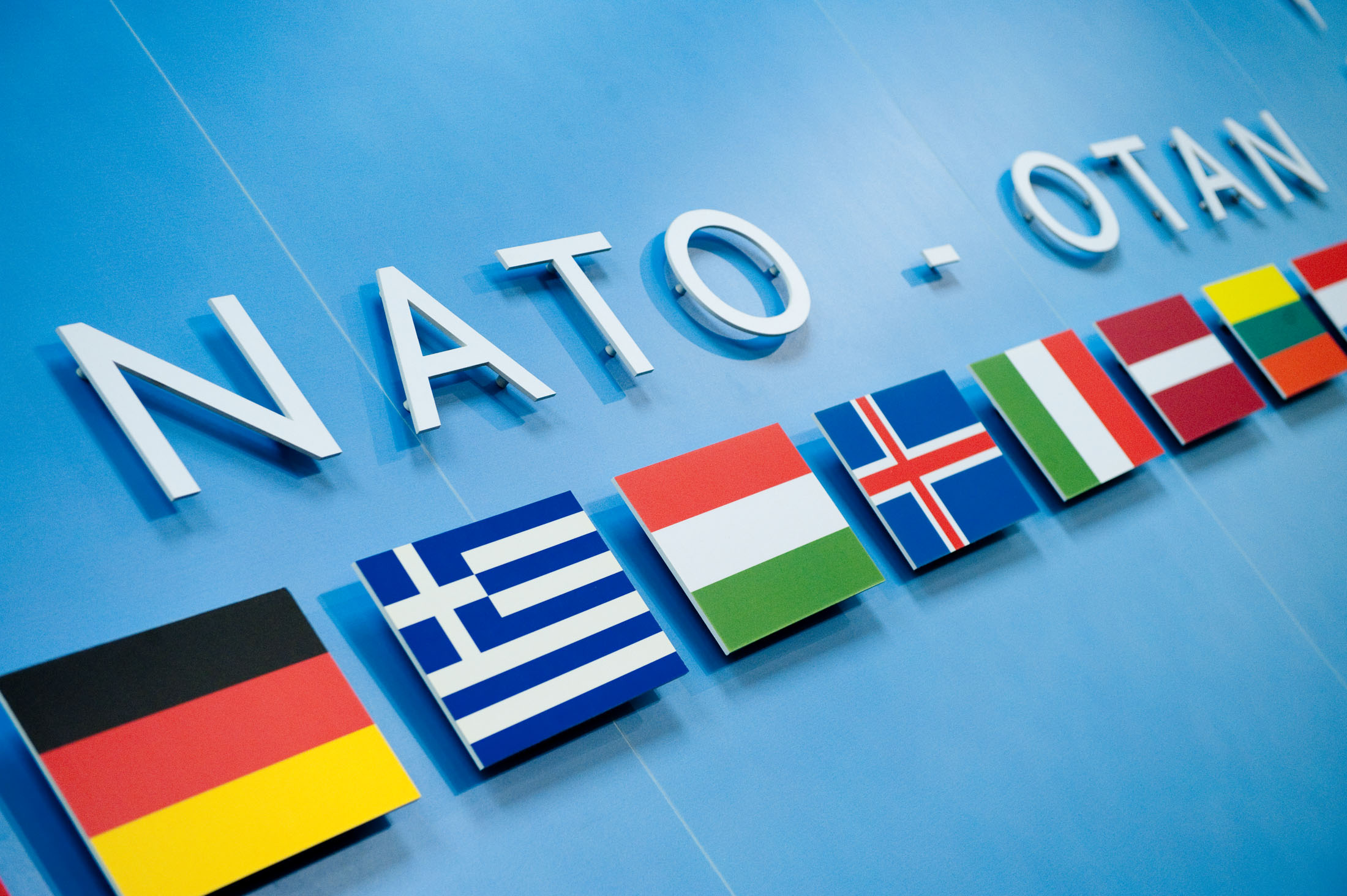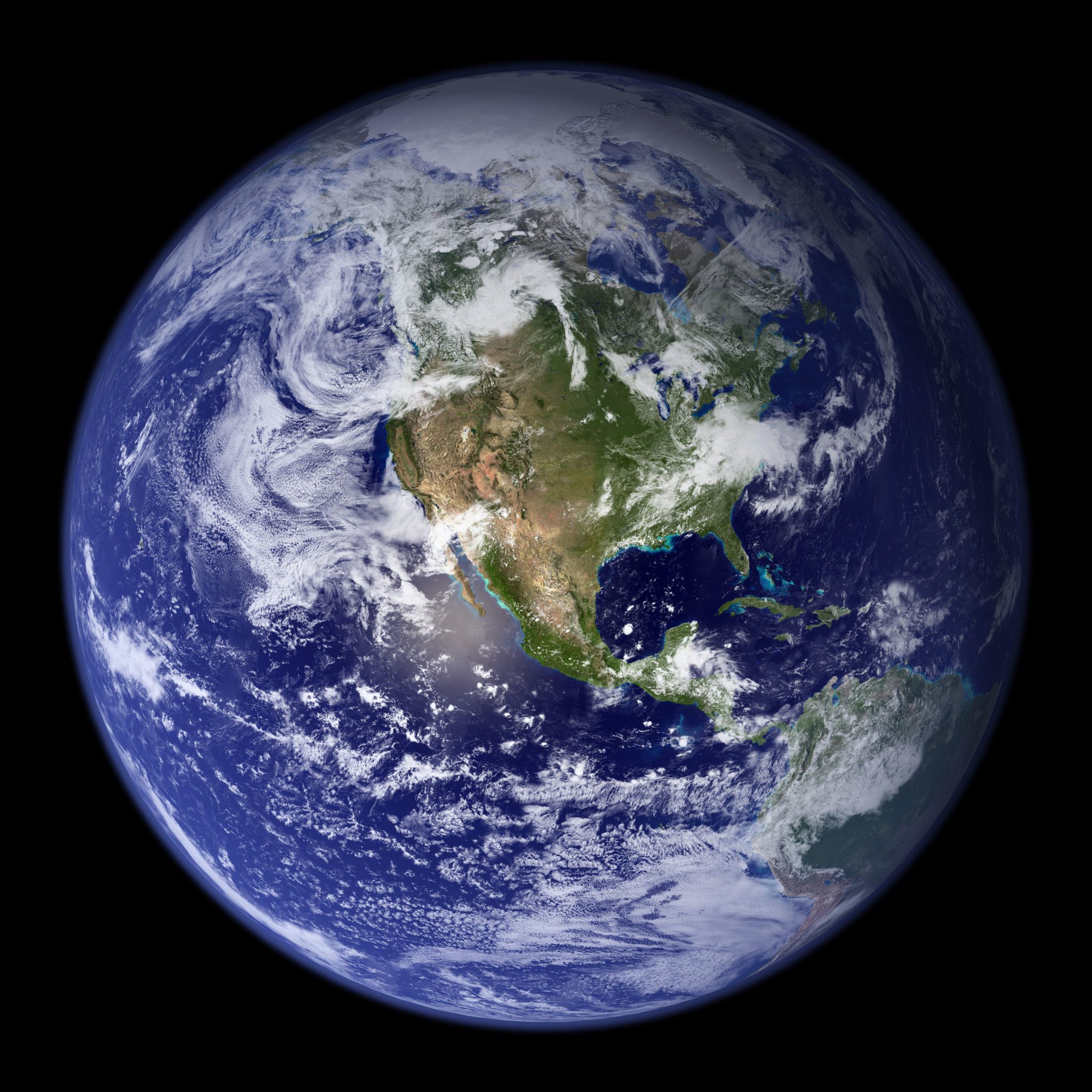T
he most anti-Russian country in the world?
I am proud to say that it is not the one that you might expect.
On June 30, Aleksey Pushkov, the chairman of the Duma’s Foreign Relations Committee, bestowed this prestigious honour upon Canada the day after Prime Minister Stephen Harper announced the extension of economic sanctions to cover 14 corporate entities, as well as Crimean imports and exports. Additional travel bans were also levied against three Russian individuals.
“Until there is real peace, until occupying forces are withdrawn, and until Ukraine’s territorial sovereignty is restored, there must be ongoing consequences for President Putin’s regime,” expressed the Prime Minister.
In response, Pushkov demanded retaliatory sanctions against Canada and accused Prime Minister Harper and the Canadian government of punching well above their collective weight:
“The government of this country attempts to attach some importance to [its] very tiny role in international politics. They compensate the obvious lack of weight and authority with increased activity in the sphere of sanction policies.”
Pushkov, who has himself been subject to Canadian and American sanctions since April 2014, has headed the anti-Canada campaign since the beginning of the Ukraine crisis.
Labelling Canada “the most anti-Russian state,” Pushkov has also questioned Canada’s role in the G7. On June 6th, he tweeted that the “Canadian Prime Minister better realize that Canada itself shouldn’t be there: neither due to its GDP nor the influence in the world.”
Unsurprisingly, the Kremlin-owned news outlet Sputnik agreed with Pushkov, declaring that Canada has “small dog syndrome,” that our loud bark overcompensates for our inferior bite.
The Sputnik article also condemned Prime Minister Harper for stating that he would “very, very strongly oppose” Russian reintegration into the G7 while Vladimir Putin remains President.
Of all the G7 representatives, Mr. Harper has arguably been the most vocal critic of President Putin over the past year, and pledged in April to send approximately 200 combat instructors to Ukraine.
However, while it might be tempting to imagine that the Prime Minister’s condemnations stem from him seeking out the moral high ground, in truth it is more likely that this is a case of domestic politics impacting foreign relations.
The 2006 census indicates that there are 1,209,090 Ukrainians-Canadians living across Canada: the third-largest Ukrainian population in the world (behind only Ukraine and Russia), and 3.9% of the Canadian population.
The Ukrainian-Canadian community has historically been very active in all tiers of political activity; however, over the past year they have mobilized significantly in the face of Russian aggression against their homeland.
With the October 2015 federal election fast approaching, Prime Minister Harper surely recognizes the necessity of drawing a significant percentage of the Ukrainian vote.
And Vladimir Putin has provided him with the perfect opportunity.
By taking a principled stand against the intimidation and thuggery of the Kremlin, the Prime Minister has the means to disprove the adage that foreign policy does not decide an election.
In a 2014 article for the Toronto Star, Thomas Walkom suggests that Prime Minister Harper should “thank the Russian president” for his role in clarifying and focusing the Conservative foreign policy, which had previously become somewhat muddled in the Middle East.
If the Conservatives win the October 19th election, Mr. Harper might want to extend an additional thanks to President Putin. With the Conservatives, Liberals, and NDP seemingly polling for a three-way tie at this juncture, every vote certainly counts.
And there are 1.2 million potential votes at stake.
With this in mind, consider the domestic effect of Prime Minister Harper inviting Ukrainian President Petro Poroshenko to speak in the Canadian Parliament last September. Both men fawned over each other, exchanging honeyed words and declaring that their country was most like the other, out of all the world’s countries.
As expressed most recently by Aleksey Pushkov, Russia has not taken kindly to these rosy relations between Ukraine, the subject of Putin’s aggression, and Canada, “the most anti-Russian country” in the world.
In March 2014, in response to the emphatic Canadian support of Ukraine throughout the Crimean annexation, the Russian foreign ministry imposed travel bans on 13 Canadian citizens. These sanctions included six MPs across the three major parties, the President of the Ukrainian Canadian Congress, and Andrew Scheer, the House of Commons Speaker.
These policymakers then took to social media to hit back at Russia. Liberal MP Irwin Cotler tweeted: “I see my travel ban from Russia as a badge of honour, not a mark of exclusion,” while Conservative MP Ted Opitz declared: “Today’s sanctions by #Russia on myself and colleagues demonstrate Canada has been an effective voice in the world in support of #Ukraine.”
Russia’s recent antagonism could also serve to heat up the Arctic tensions between the two countries.
Relations between Canada and Russia have traditionally been frosty over competing territorial claims, and in March the Russian military launched a massive five-day manoeuvre involving 38,000 troops, over 50 surface ships and submarines, and 110 aircraft.
In response, the Canadian Forces initiated what it deemed to be a “large scale military exercise” of its own entitled Operation Nunalivut 2015.
One month later, Russia retaliated by electing not to send its foreign minister, Sergey Lavrov, to the biennial Arctic Council ministerial meeting in Iqaluit.
As the October election looms, Canada and Russia will continue to butt heads.
And regardless of whether it stems from domestic power politics or international concerns, Canadians should follow the lead of the sanctioned MPs and be pleased with their government’s “zero-tolerance” stance towards Russian aggression.
If there was ever a reason to be proud of Canada’s international standing, being labelled “the most anti-Russian country” is certainly it.

